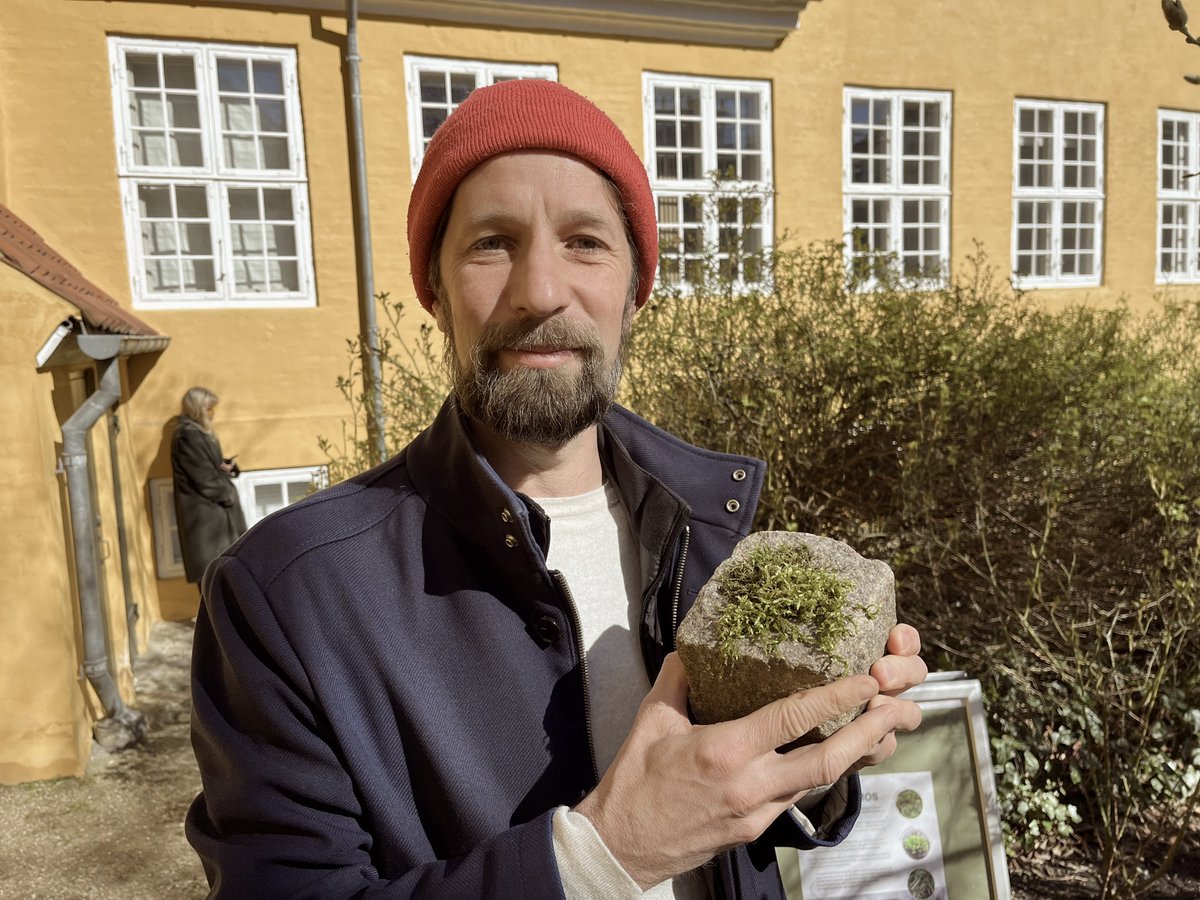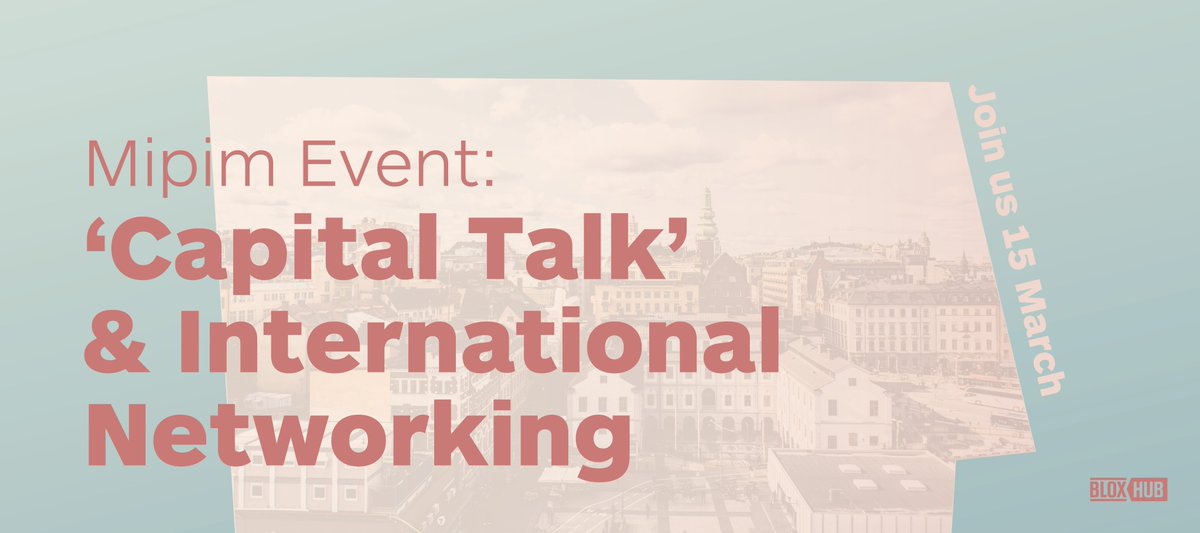
- This event has passed.
Live Stream Event: Build Back Better
October 22 @ 18:01

The BLOX Summit Invite you to “Build Back Better” in the light of urbanization challenges, amplified by the COVID-19 pandemic.
Consequently, BLOX Global is inviting partnerships to Build Back Better sustainable solutions aligned with the UN 17 Goals.
Please stream the event via this link: https://getvisualtv.net/stream/?blox-build-back-better and experience speakers such as:
- Executive Director Sanda Ojiambo, UN Global Compact
- Regional Director Dr Hans Kluge, WHO Europe
- Vice Mayor, Katrin Habenschaden, Münich
- Lord Mayor Frank Jensen, Copenhagen Municipality
- Vice-President, Margrethe Vestager, The EU Commission
- Dr. Joseph Allen, Harvard University, Public Health
For full program please visit: https://www.linkslabs.com/blox-build-back-better
You can also choose to stream on demand after the event.
Build Back Better and its origin
Two years after the Indian Ocean tsunami and earthquake of December 26, 2004,
Build Back Better (BBB) was created in an attempt to guide the long road towards
recovery.
Build Back Better was defined and officially used in the United Nations Sendai
Framework for Disaster Risk Reduction. It is the implementation of recovery,
rehabilitation and reconstruction phases after a disaster to increase the resilience of
nations and communities.
Large scale disasters cause extensive damages required for the full functioning of a
community. An inclusive and comprehensive disaster recovery framework serves as
an agreed way forward to simplify the recovery process thereby maintaining or even
improving development trajectories while ensuring adherence to Build Back Better
principles.
A key learning from Build Back Better is to invite decision makers from other relevant
players outside the industry to facilitate partnership to ‘build better in the future’, as
it will ultimately have a more solid effect on tomorrow’s sustainable urban solutions.
Build Back Better in Denmark
The concept of Build Back Better addresses issues from developing countries to a
greater extent, as they are more likely to be victims of severe natural disasters and
experience more difficulties in raising large investments compared to developed
countries such as Denmark.
That being said, the idea of learning from experiences, and thus building back better
time after time is not a foreign practice in Denmark. Accumulated learning is
embedded in every practice to which unforeseen events occur.
Although the Build Back Better concept is not very widespread and common in the
Denmark, the overall mission towards becoming a ‘Green Nation’ is well connected
with Build Back Better
Build Back Better post Covid-19
The consequences of Covid-19 have accelerated the need for collaboration between the
world’s political leaders, institutions, organizations, academics, and businesses. As the
corona crisis gradually abates in some countries, attention is turning towards stimulus
measures that facilitate recovery.
Build Back Better should be the guiding principle in the aftermath of the pandemic. This
means, not only ensuring swift recovery but implementing strategies that protect
prosperity in the long term.
The Covid-19 pandemic is already exacerbating negative trends in urban planning. For
example, urban planning has created a reliance on private cars in many cities. The
COVID-19 pandemic could exacerbate this trend through an increase in demand for less
dense neighborhoods.
Transforming urban areas into livable and sustainable places can help address multiple
issues outlined by the SDGs while simultaneously working towards a healthier and
more sustainable livelihood.
Build Back Better and the built environment
Build Back Better and the built environment demand that we search for ways to build
more sustainably.
An example; many resources used in construction such as concrete, wood, cement and
metal etc., are characterized by a long life cycle with low flexibility after construction.
Therefore, it is particularly important to think ‘build back better’ through sustainable
materials e.g. wood, recycled plastics, ferrock, bamboo, rammed earth and straw bales
etc.
Besides sustainable materials, Build Back Better is also related to vigilant leadership,
revisions of business models and supply chain management.
The essence is to provide a framework for decision-makers, industry leaders and
political figures to build back better new communities, because “business as usual” is
not an option if we are to reach the UN’s SDGs.




